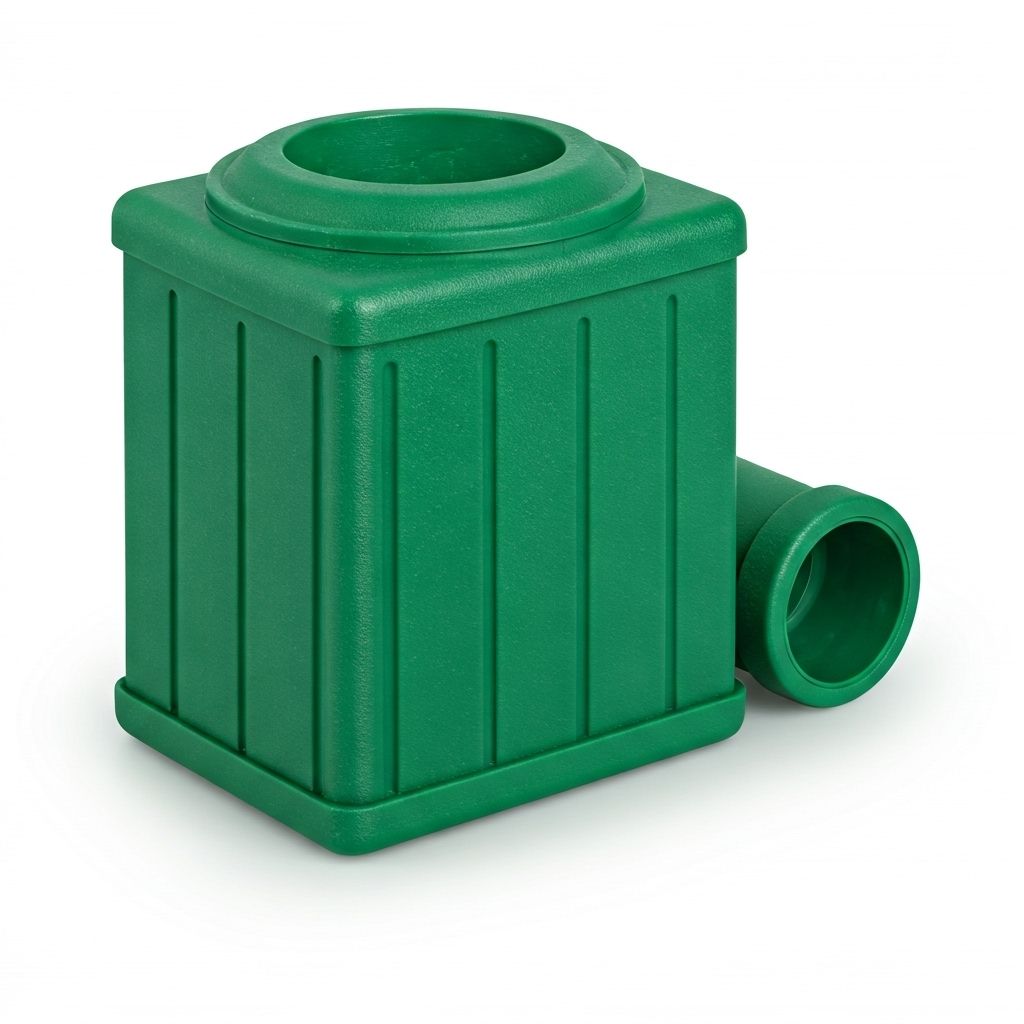One of the most common questions homeowners ask about septic systems is: "How often should I pump my septic tank?" The answer isn't one-size-fits-all, as several factors influence the optimal pumping frequency.
General Guidelines
As a general rule, most septic tanks should be pumped every 3-5 years. However, this timeline can vary significantly based on your specific circumstances. Some homes may need pumping every 2 years, while others can go 6-7 years between services.
Factors That Affect Pumping Frequency
Household Size
The more people in your home, the more wastewater your septic system processes daily. Here's a rough guide:
- 1-2 people: Every 4-6 years
- 3-4 people: Every 3-4 years
- 5-6 people: Every 2-3 years
- 7+ people: Every 1-2 years
Tank Size
Larger tanks can hold more waste and typically need less frequent pumping. Most residential tanks range from 750 to 1,500 gallons. A 1,000-gallon tank serving a family of four typically needs pumping every 3-4 years.
Water Usage Habits
High water usage can overwhelm your septic system. Factors that increase pumping frequency include:
- Frequent laundry loads
- Long showers
- Running dishwasher daily
- Hot tub or pool drainage
Signs You Need Pumping Sooner
Don't wait for your scheduled pumping if you notice:
- Slow draining fixtures
- Gurgling sounds in pipes
- Sewage odors
- Standing water around the tank
The Cost of Waiting Too Long
Delaying septic pumping can lead to expensive problems:
- System backups and overflows
- Drain field damage
- Complete system replacement
- Environmental contamination
Keep Records
Maintain a record of when your tank was last pumped and any maintenance performed. This helps you track patterns and plan future service. Many septic companies, including True Flow Septic, offer reminder services to help you stay on schedule.
Remember, regular pumping is much less expensive than emergency repairs or system replacement. When in doubt, consult with a professional who can assess your specific situation and recommend an appropriate pumping schedule.
Found this helpful?
Share this article with others who might benefit.

